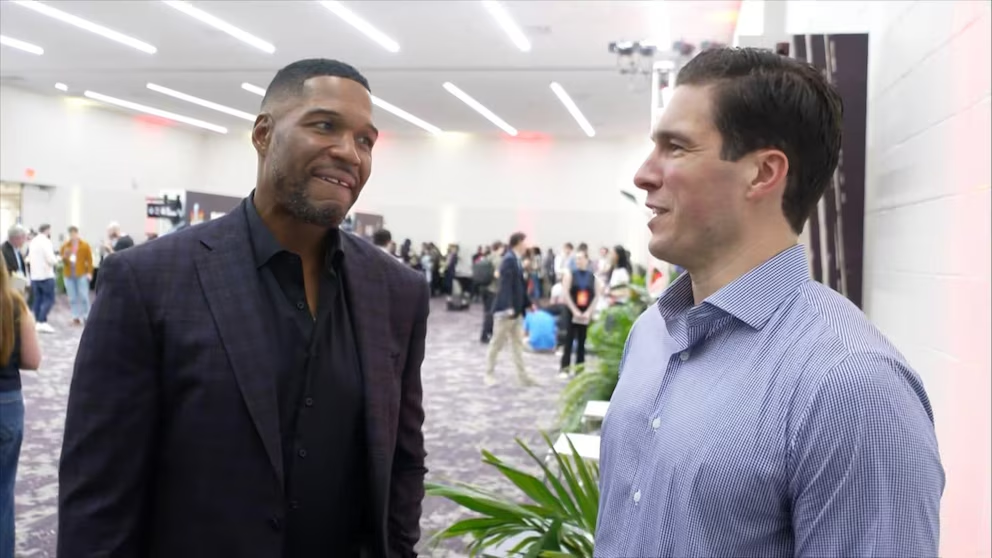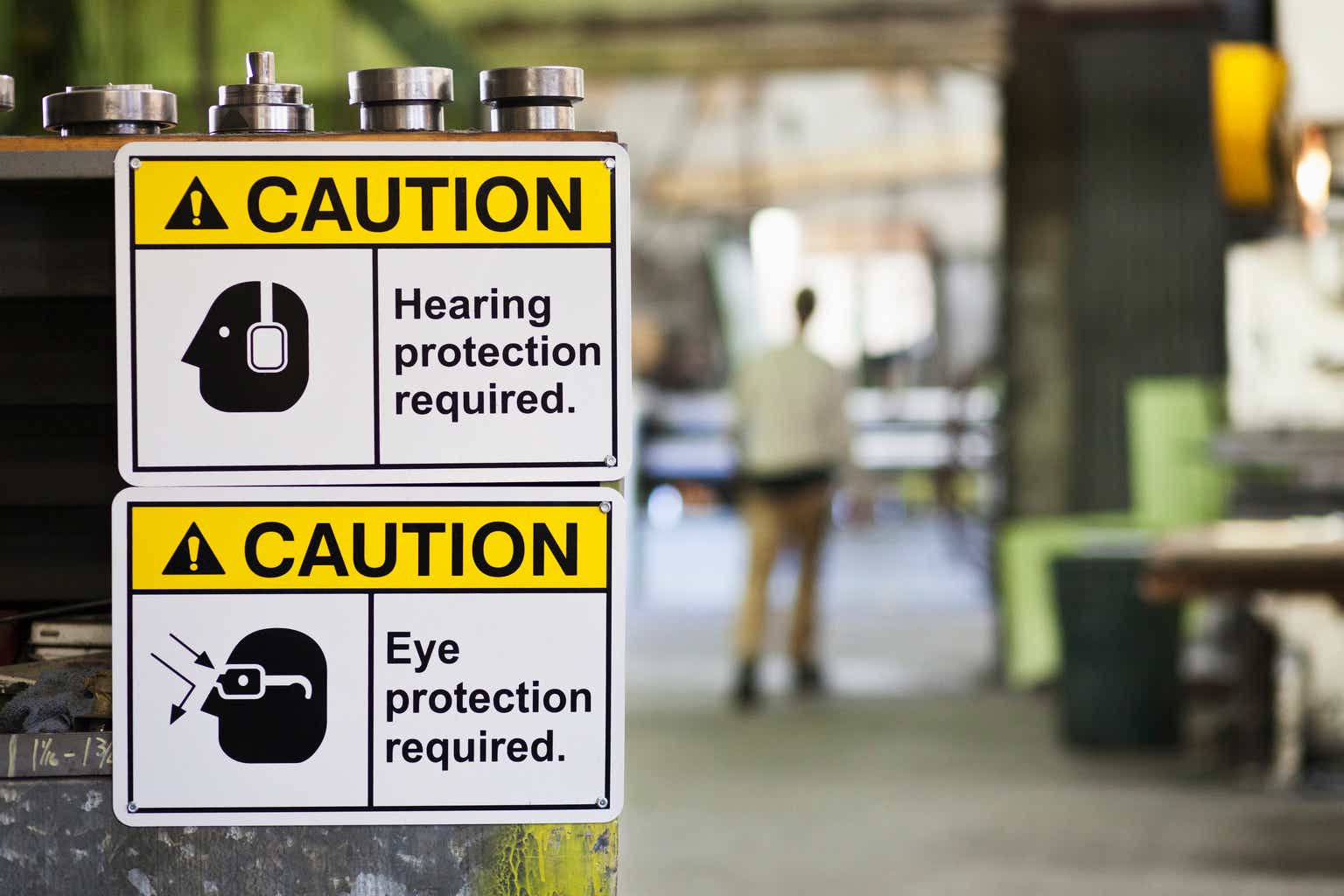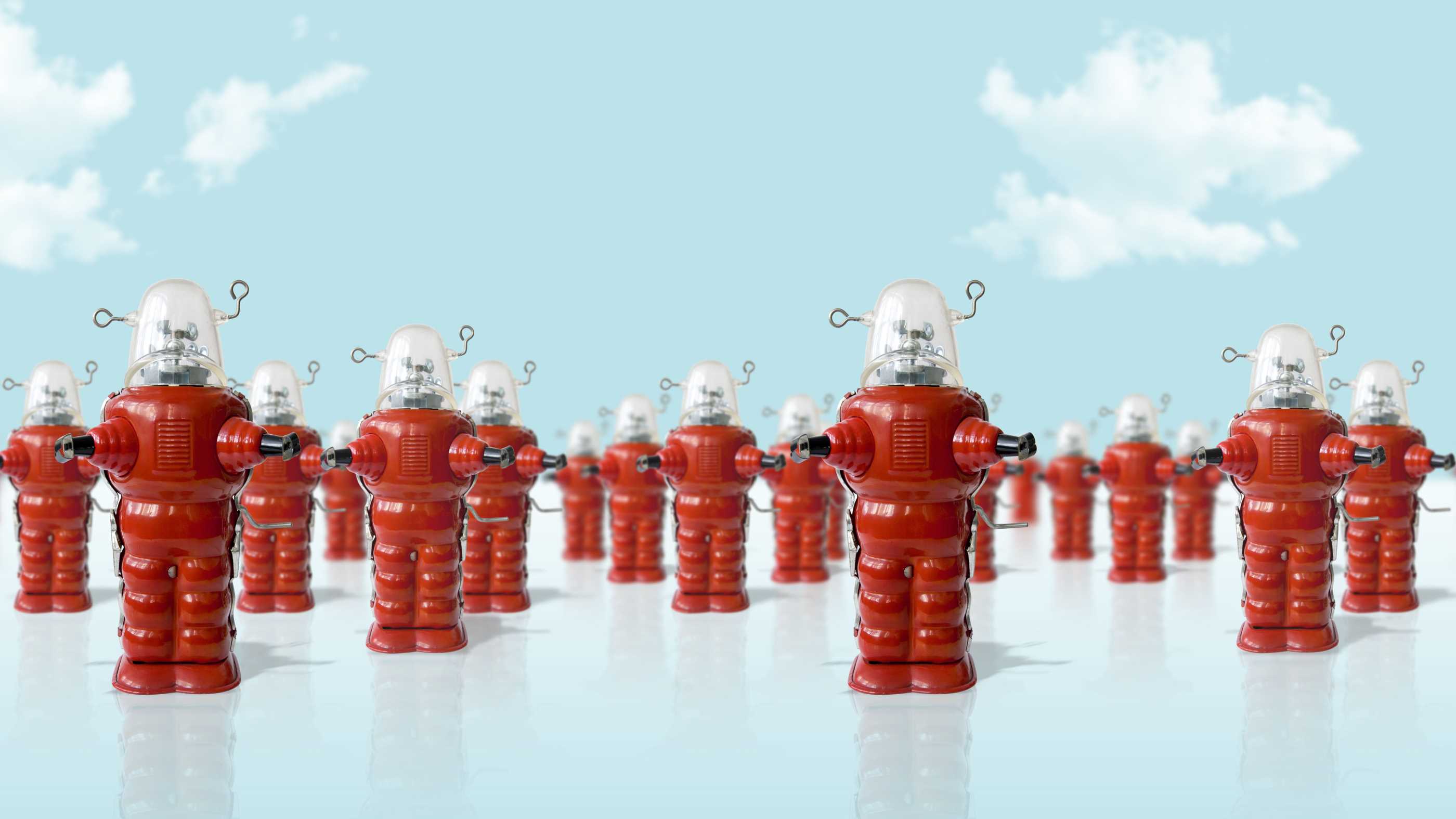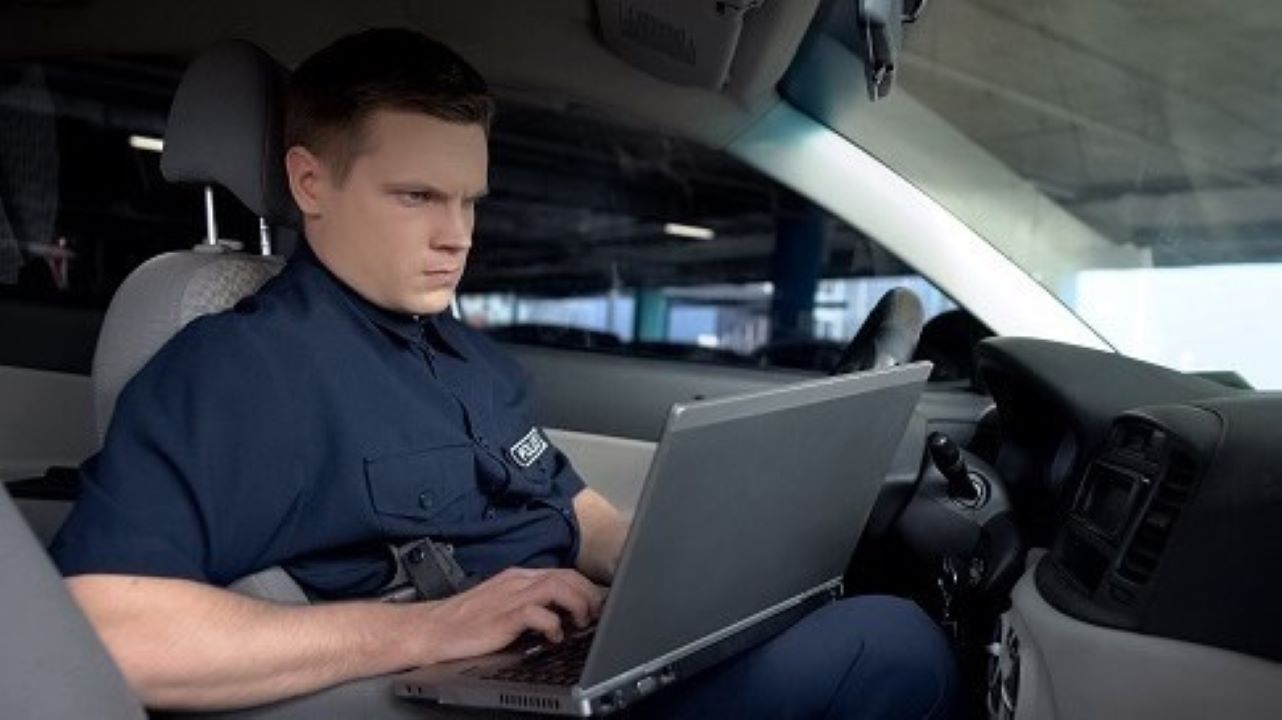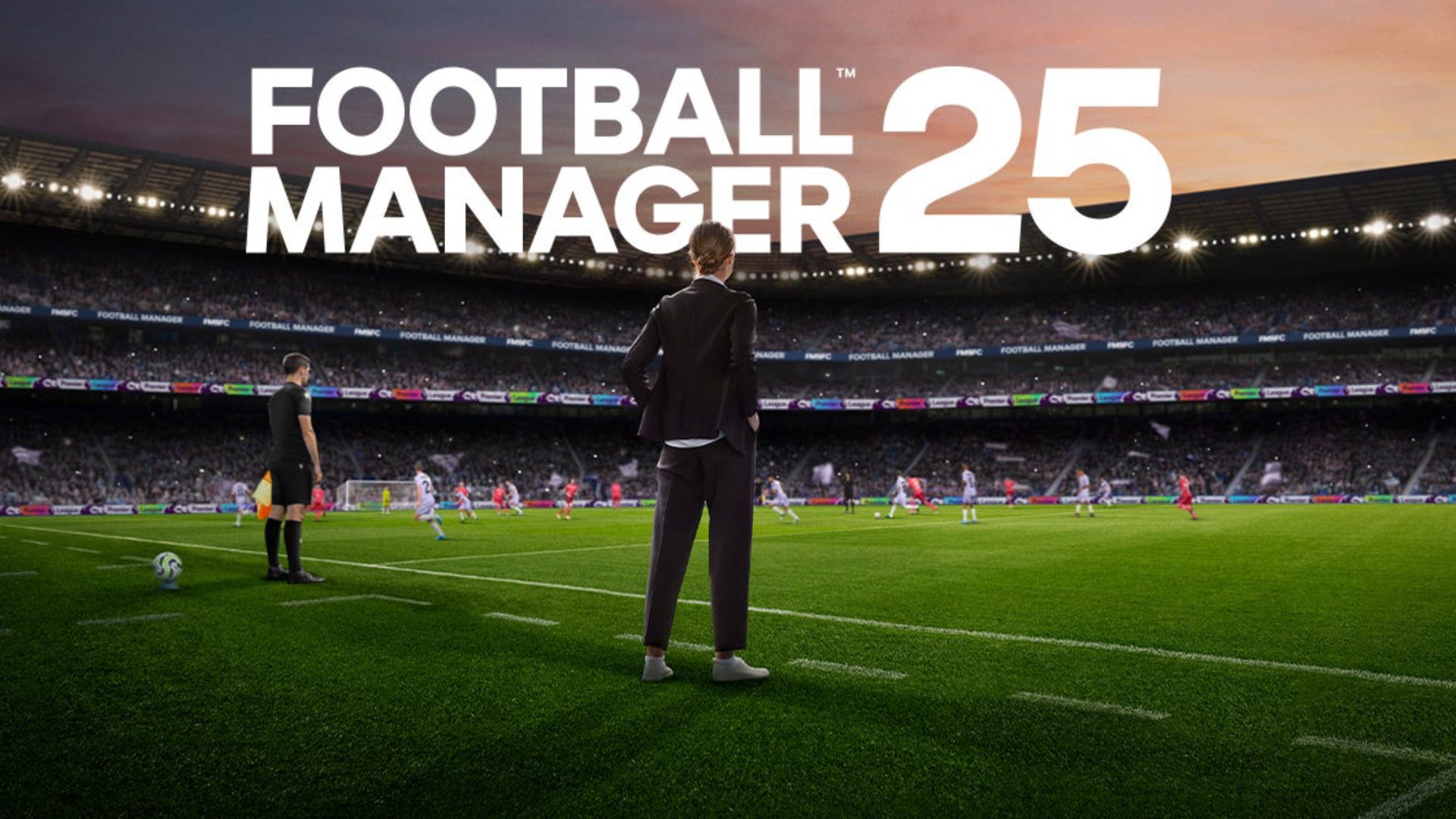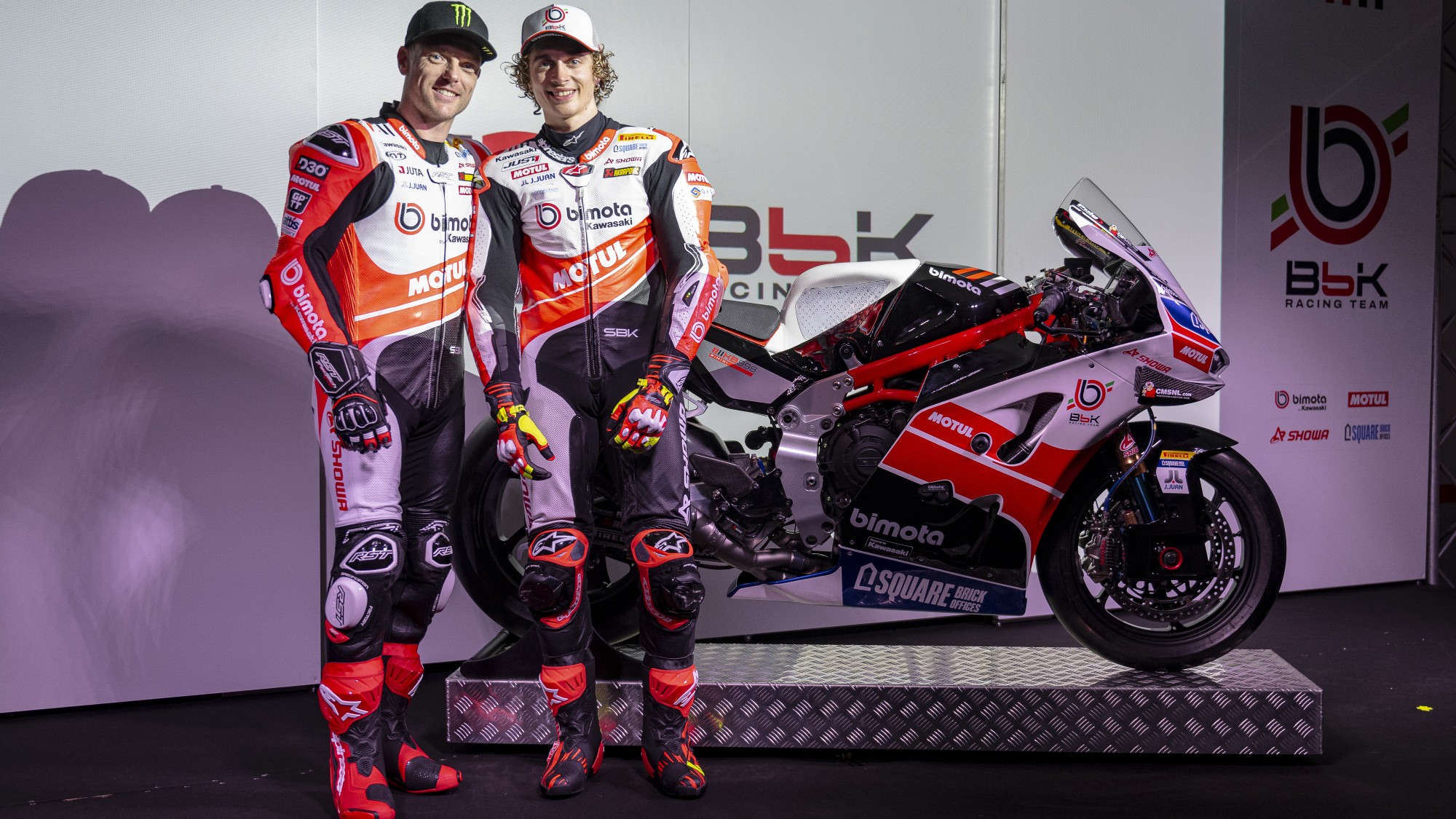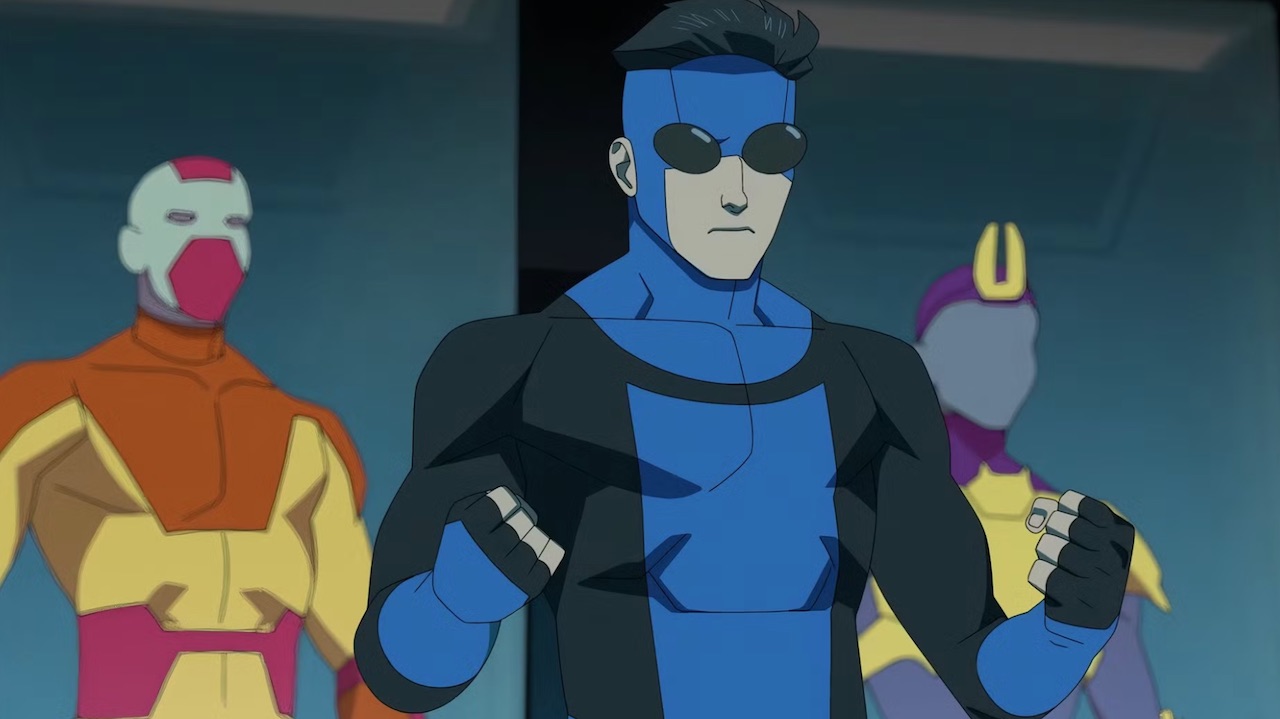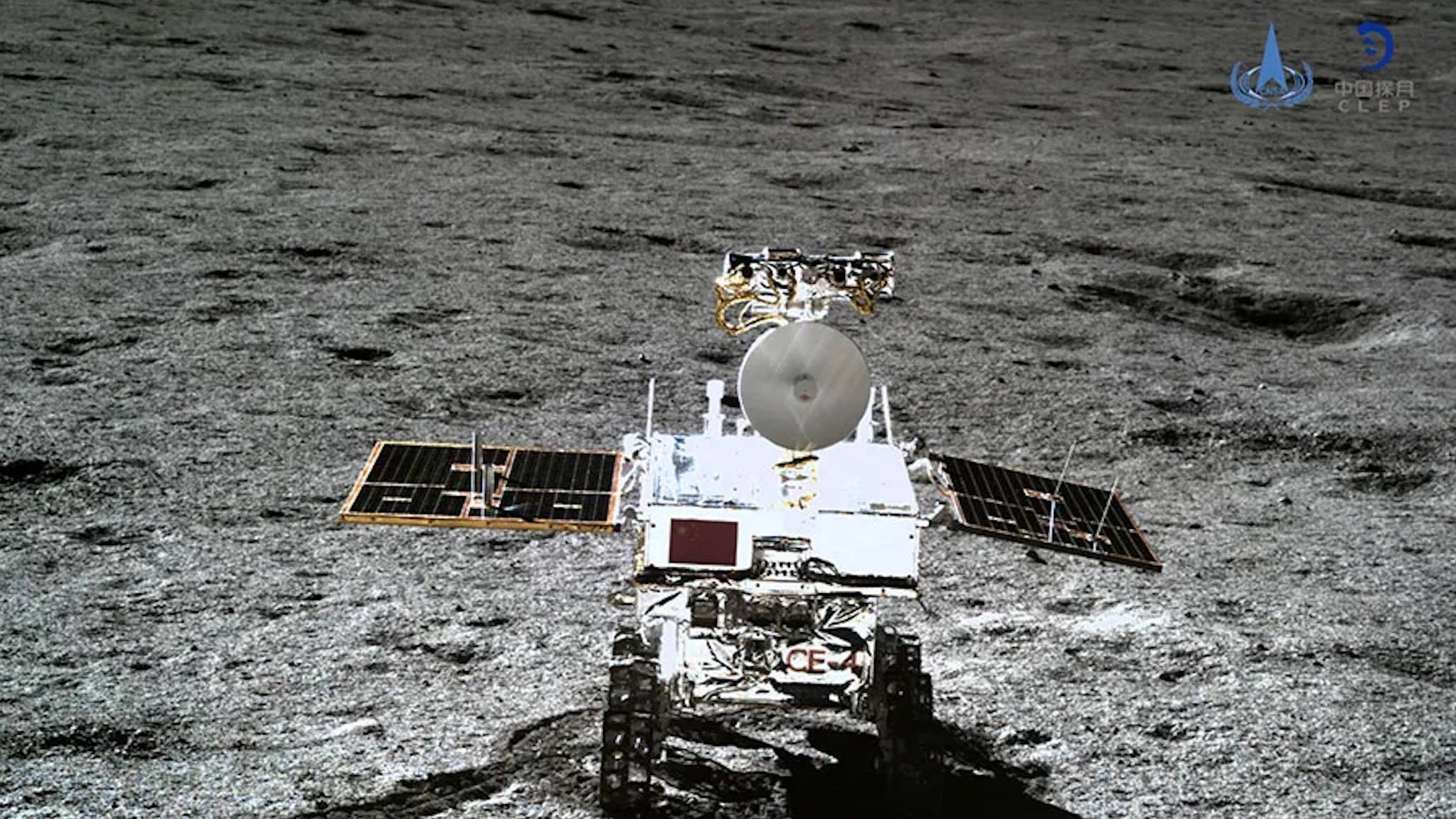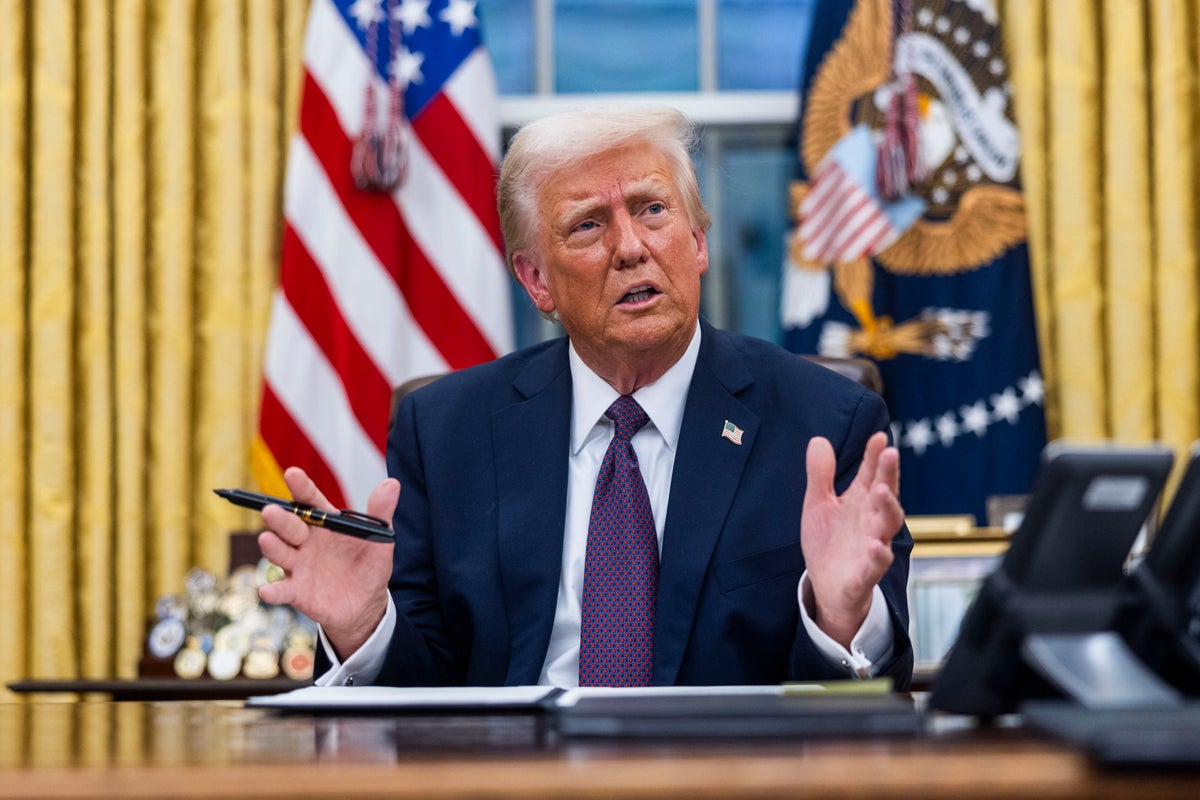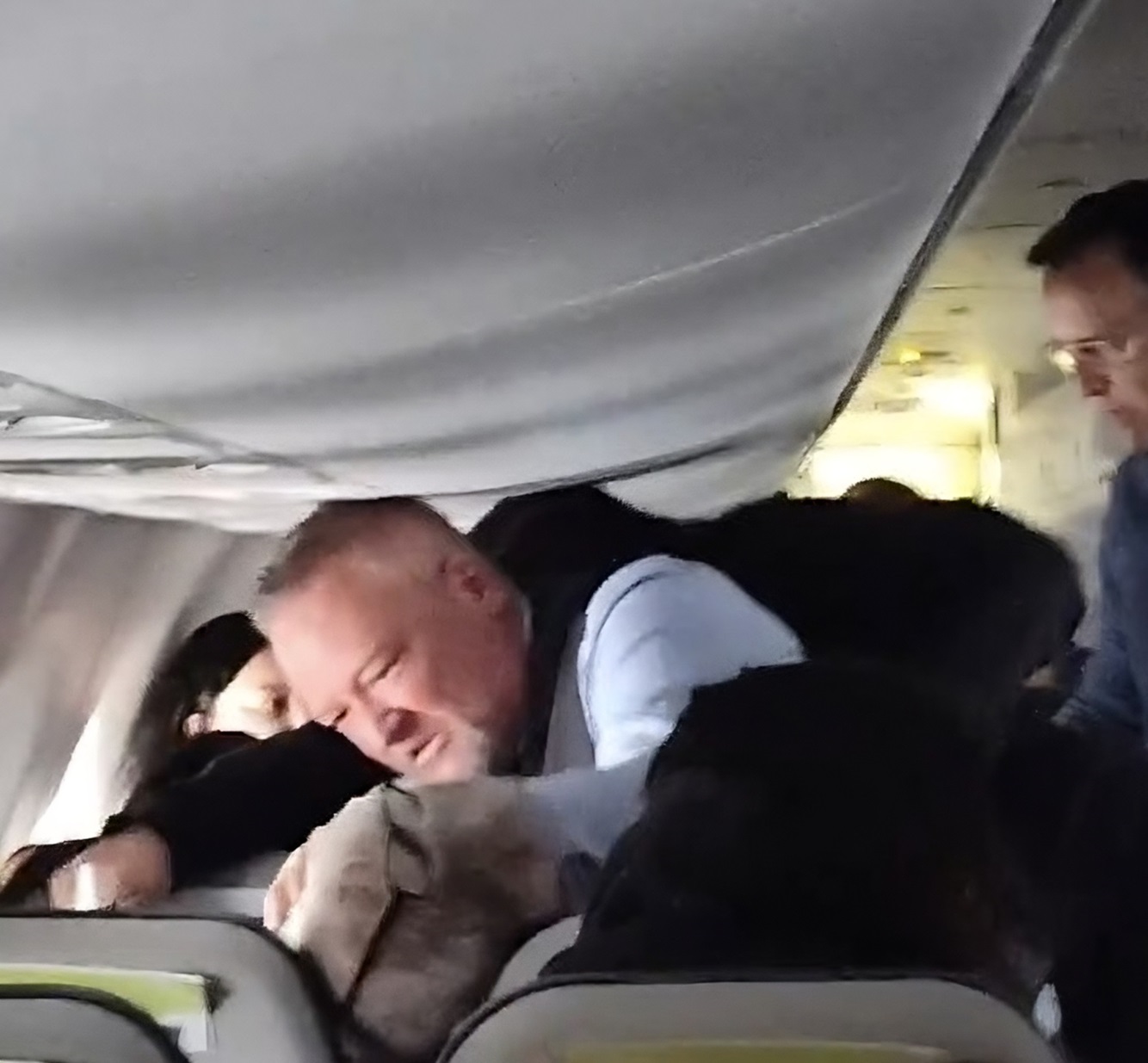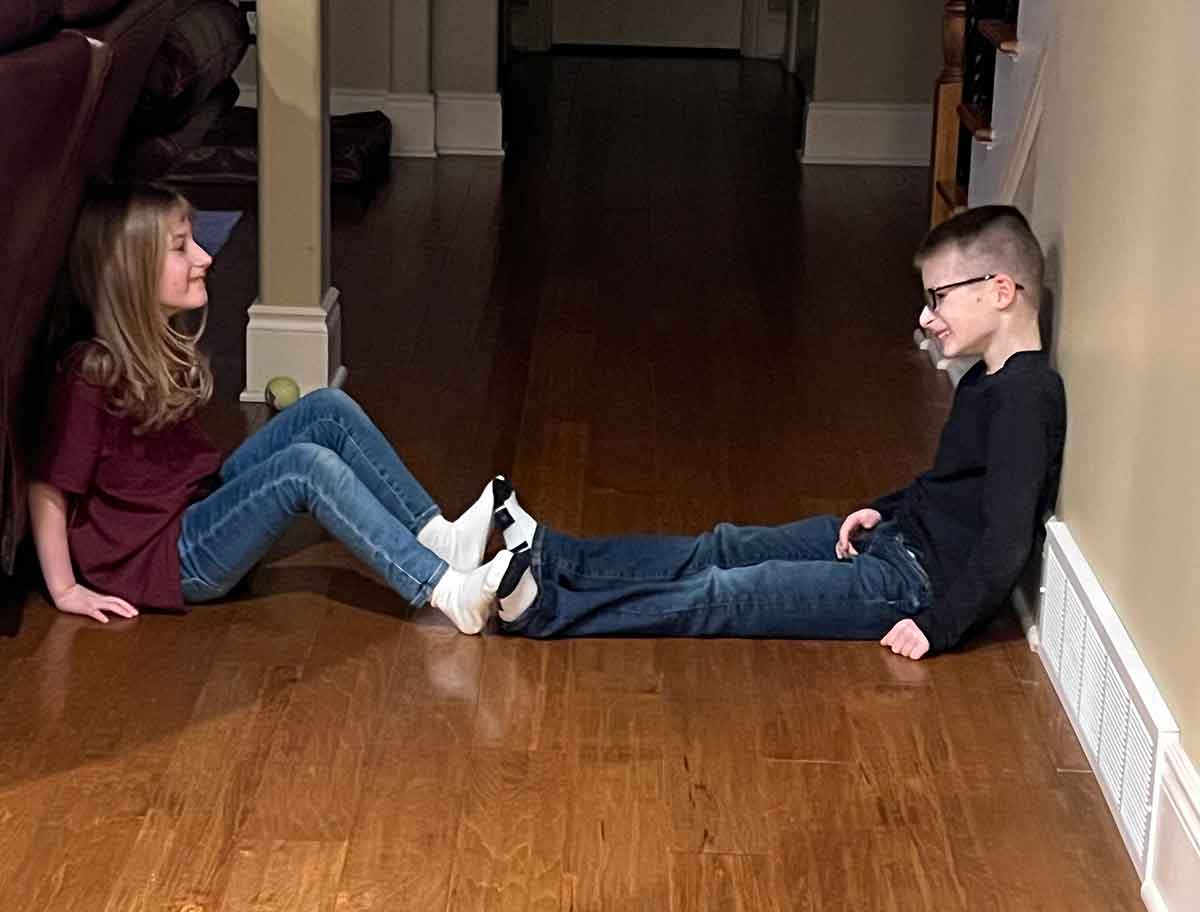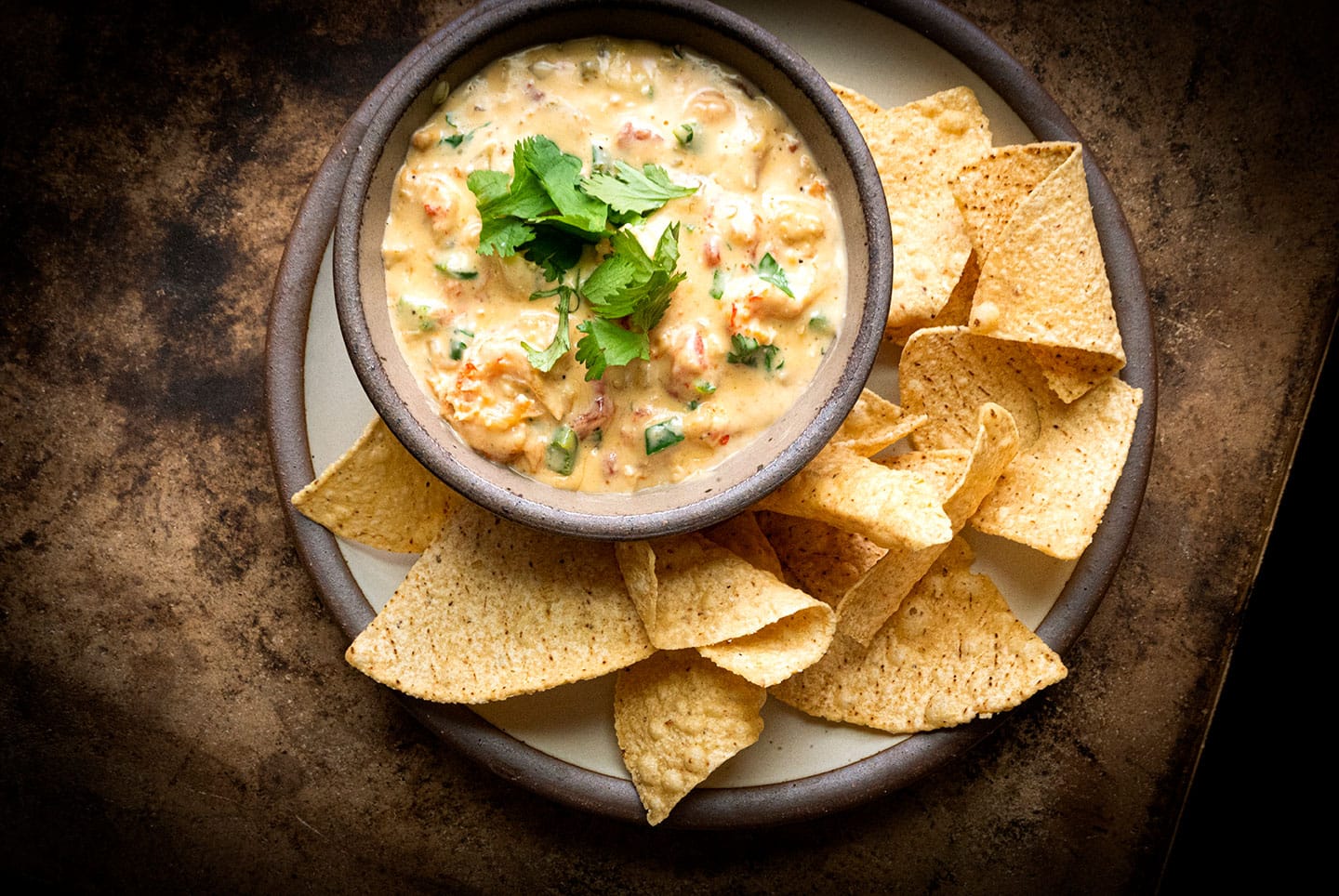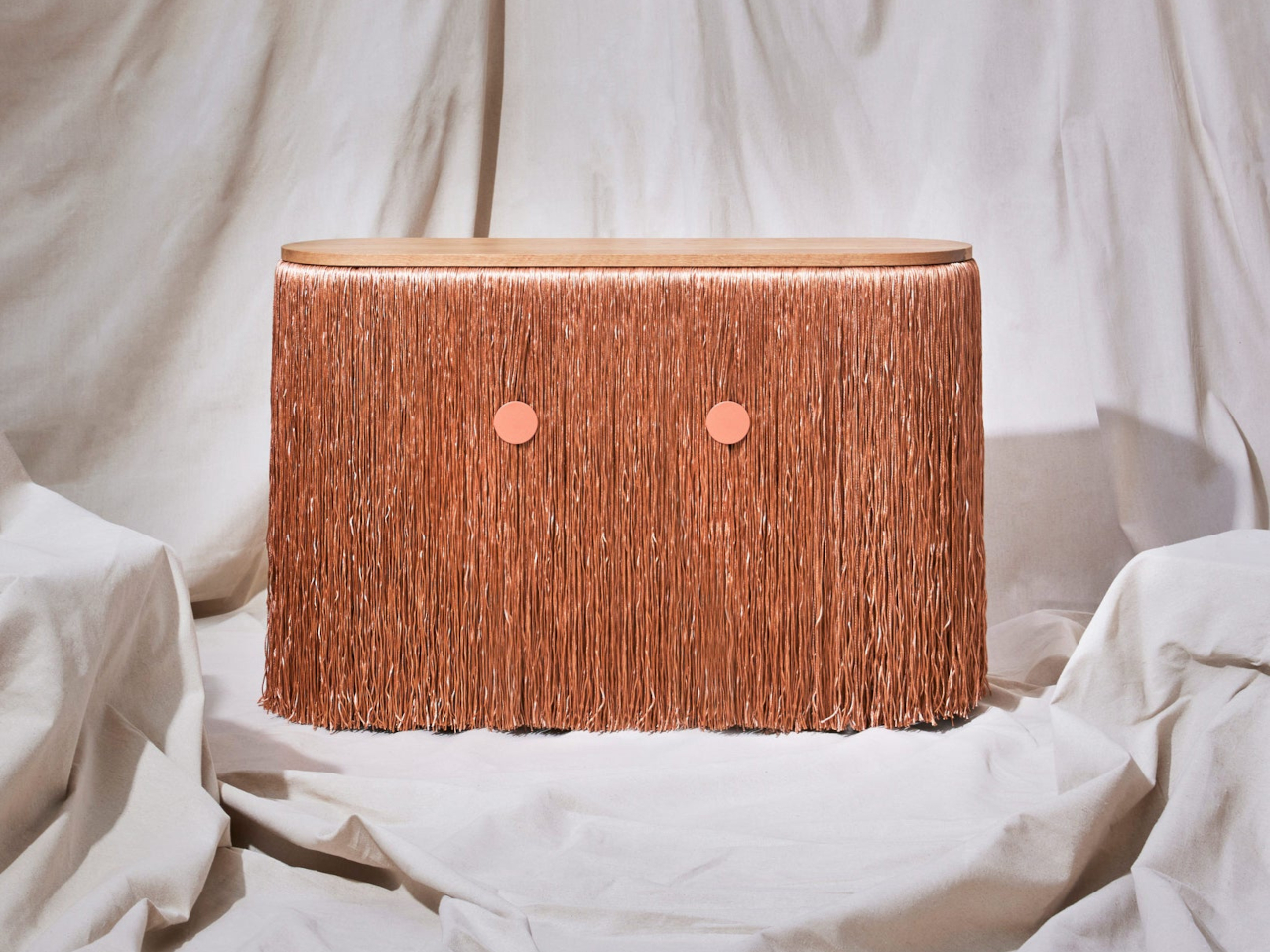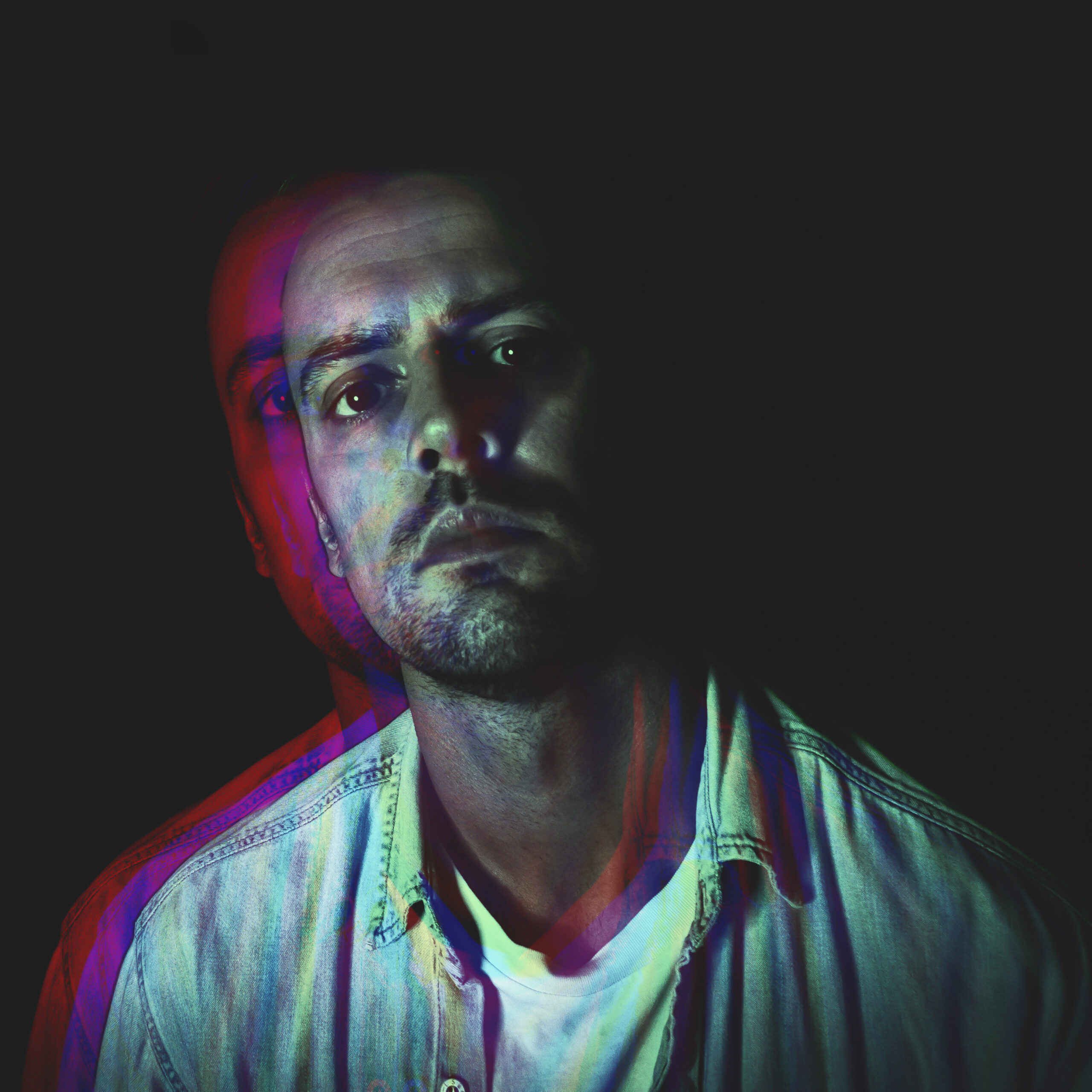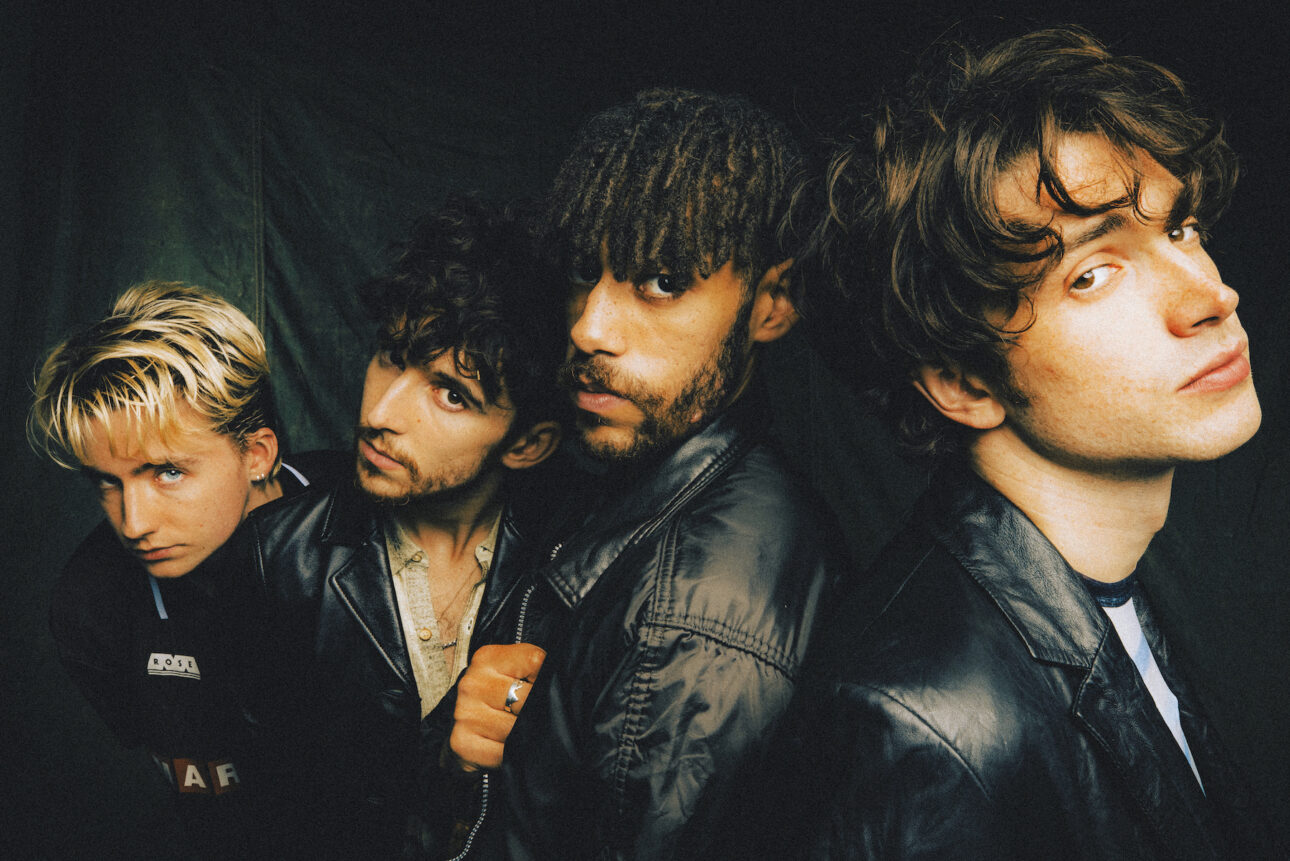Inhaler Talks New Kid Harpoon-Produced Album: ‘We Know What We Want Now’
The Dublin band also worked with songwriter Amy Allen during the recording sessions

There’s a feeling that something around Inhaler has shifted in the past 18 months. The Irish quartet, made up of Eli Hewson (vocals, son of U2’s Bono), Ryan McMahon (drums), Bobby Keating (bass), and Josh Jenkinson (guitars), has welcomed a new influx of young, passionate fans into their world, no doubt helped by their support slots on megatours with Arctic Monkeys and Harry Styles at their respective stadium shows. Those gigs followed a chart-topping debut on the U.K.’s Official Albums Charts with It Won’t Always Be Like This (2021) and its follow-up Cuts & Bruises (2023), which landed at No. 2.
But the new tunes that make up third LP Open Wide, released via Polydor, are bright, expansive, and the group’s best yet. The venues keep growing at home and abroad, with tickets being snapped up and sold-out in minutes. Why’s it all come together at this moment?
“I think we know what we want from our music now,” frontman Hewson responds to Billboard UK. “Maybe when we were a bit younger, we wanted people to like us and wanted people to connect with it – and we still want that – but I think that’s different from making music that we love.”
Open Wide was produced by Kid Harpoon, who had a huge hand in the easy-going sound of Styles’ Grammy-winning LP Harry’s House, as well as the One Direction alum’s 2019 album Fine Line. Elsewhere Kid Harpoon has credits on Miley Cyrus’ Hot 100 chart-topper “Flowers,” and with HAIM and Florence + The Machine.
There’s also an appearance on Open Wide for hit songwriter Amy Allen, a close collaborator of Kid Harpoon with songwriting credits on Sabrina Carpenter’s “Espresso” and “Please Please Please,” as well as on ROSÉ and Bruno Mars’ “APT.” She recently snagged the songwriter of the year award at the 2025 Grammys, becoming the first woman to win the category.
The decision for the Dublin-born band to head to L.A. during the album’s writing phase gave them clarity and space away from their tried and tested methods. “We sound a lot more like how we’ve always wanted to. It gave us peace and quiet to listen to our gut instincts. When we were in London when we were writing and recording [the first two albums], it always felt like things were up in the air. With this one, we felt very calm all the way through and enjoyed the process. We just heard ourselves out. We weren’t listening to external anxieties; it felt satisfying.”
No wonder there’s a lightness and confidence in these songs. The LP’s title track is built on a pulsing, subtle EDM beat before it hits a typically explosive chorus. Likewise, “A Question of You,” and “Billy (Yeah Yeah Yeah)” do away with the moody reverb heard on 2023 LP Cuts and Bruises and aren’t afraid to embrace a more mainstream-friendly sound.
In February the group will head out on the road in the U.K. for some of its biggest shows yet, including sold-out nights at London’s O2 Academy Brixton. They’ll then play in North and Latin America, Europe and then a massive homecoming show in Dublin to 20,000 fans.
Speaking from Amsterdam while on the press trail, the band discusses the input from Kid Harpoon and Allen, the ever-shifting indie scene, global success for Irish artists and more.
This is your third LP – does release week get any easier or more enjoyable?
Eli: It’s always in the last week before it’s out that the doubts start to come in. We did an album playback yesterday with some fans who heard it for the first time, and they seemed to enjoy it.
Ryan: Yeah, but they wouldn’t say it to your face, though, would they? I’m sure we would have some fans that wouldn’t have a problem with that though…
You’ve mentioned that the pressure was off this time. Why did it feel that way?
Josh: We didn’t have a deadline or tour that we had to be ready for. We had the freedom to create whatever we wanted to and assess it after we made it, instead of getting it straight out.
Eli: With Kid Harpoon, his whole ethos was – which was really shocking given the records he’s worked on – that he didn’t want any labels or managers in the room when recording: “It’s just us making this album and we’ll think about the singles when we’re done.” I found that really refreshing because he was putting the album before anything. We hadn’t really had that approach before. We were chasing singles a lot of the time, and we just wanted to get out and tour, so this was a big opportunity to step back and reflect on what we were making.
What made you want to change things up and work with a new producer?
Eli: Initially there was perhaps fear in all of us. It was the first time that we’d worked with someone different. With our last producer [Antony Genn], we’d been going to him since we were 17. We felt it was the right time to graduate from that, as it felt like our working relationship had gradually run its course for the time being. So it was important for us to work with something new for us to see what else they could bring out of us.
Josh: [Kid Harpoon] is a great person to be around. Initially we wondered if he could work with a band like us, but we when we realised that he did that Kings of Leon album [2024’s Can We Please Have Fun] that really eased all our stress. When we were working with him, he was going darker than us. He’d say, “Don’t put that in, it’s too poppy!”

What were the sessions like in L.A. and then back in London?
Josh: They were very efficient. We didn’t waste any time. We had about nine days in L.A. before heading to RAK Studios in London, but we made a plan, and we stuck with what we set out to do. We also had a lot of fun with it too.
Ryan: He also wouldn’t send us what we’d done and recorded that day. He’d say, “Yeah, Brian, the engineer, will send it,” but just never did it. But once we got to the end, we realized we’d been going into the sessions totally fresh and hearing the songs and recordings again for the first time. You’re not constantly overthinking it. In the past, we’ve been known to get tunnel vision and overanalyze things.
Amy Allen also had a part to play. What was her contribution like?
Josh: She came in to listen to the songs while we were in L.A. It was so cool to see someone at that level of songwriting and with all of her achievements come in and say, “You guys have got some pretty good tunes.” Hearing her come in and sing some of them was so inspiring.
Eli: It was amazing. She’d just hum something quickly, and you’d think, ‘That’s f—ing amazing.’ We were lucky enough that she was able to stop by because she’d canceled another session, and Tom [Hull, Kid Harpoon] invited her to come in. Whatever she’s tapped into at the minute, she’s doing really well with.
Josh: She had such a beautiful voice, and she came in on a day when we were so tired, and it was much-needed…
Ryan: …it was like a visit from an angel!
How has the band’s dynamic developed over the years? It feels like you’re all pulling in the same direction with this album…
Eli: We’ve managed to keep it all together. It’s a sacred place being in this band. We fight less now than we ever have. We got all of that out when we were teenagers! It’s always felt like the center of everything we do together.
Ryan: We just love to make music naturally, and anything that feels right in the moment we follow. There’s never a discussion about setting rules on an album or doing a certain thing. We’ve never felt any joy out of a situation like that – that’s where it feels like the arguments begin, and ego starts getting in the way. Making music and saying less is what we do better.
It feels like there’s an openness from indie artists and fans to embrace new sounds and to work collaboratively with hit songwriters and pop producers. The question of ‘authenticity’ in these spaces feels quite outdated…
Josh: It’s refreshing to feel like you don’t have to do the same thing over and over again. You can progress how you want to. People can support you and still be open to change. That’s exciting.
Ryan: As long as you’re happy with what you want to make. There are no rules that go with writing a good song, and people are a lot less closed off to how a band should sound in their head; no one knows – neither do we – what they want until they get it.
There has been considerable support and acclaim for Irish artists like Fontaines D.C., Hozier and Kneecap among others over the past few years. Why are these kinds of acts exploding right now?
Eli: The biggest reason is that they’re good! In years past, you’d have to do “the American album.” It was the thing to do because everyone adheres to American culture. But now, if the country has its own indigenous culture, style and tradition, people are finding that interesting and want to know more about it. It definitely makes for better music and art. I doubt it’s something in the water…
It feels like there’s a lot of support for one another…
Eli: There’s always been a strong sense of camaraderie among Irish artists. I don’t think we’ve ever felt like we fit into a particular scene with other Irish artists, so it’s never felt like there’s a sense of competition between anyone. Everyone’s just happy to see other people succeed.
Bobby: I think that support also comes from the fact that we’re a small country as well. Everyone goes to the same venue to get to the next stage and wants the best for everyone else. We played the same venues that Fontaines, Hozier and The Murder Capital have all played. Especially when we’re in the U.K. and see people around and playing shows. I think Irish people really take the idea of playing abroad very seriously. When we first started playing abroad and in London, it felt like the real thing and a real achievement.
What will the new material bring with the live show?
Josh: It’s going to give us some depth and shape shows in a way that we haven’t done before. We’ve always been very ‘go go go’ at our shows, then there might be some slower moments or something a bit groovier, we now have a broad spectrum of songs to choose from.
Ryan: It’s also nice to freshen things up. We’ve been playing some of these songs for so long and it’s nice to have something new to play.
What did you learn on those big tours with Harry and Arctic Monkeys that you’ll take forward?
Josh: I think we learned that it would be something that we loved to do. But also the attention to detail that goes into every show and how it’s set-up, and the amount of work that goes into shows of that scale. It made us want to take things a lot more seriously.

